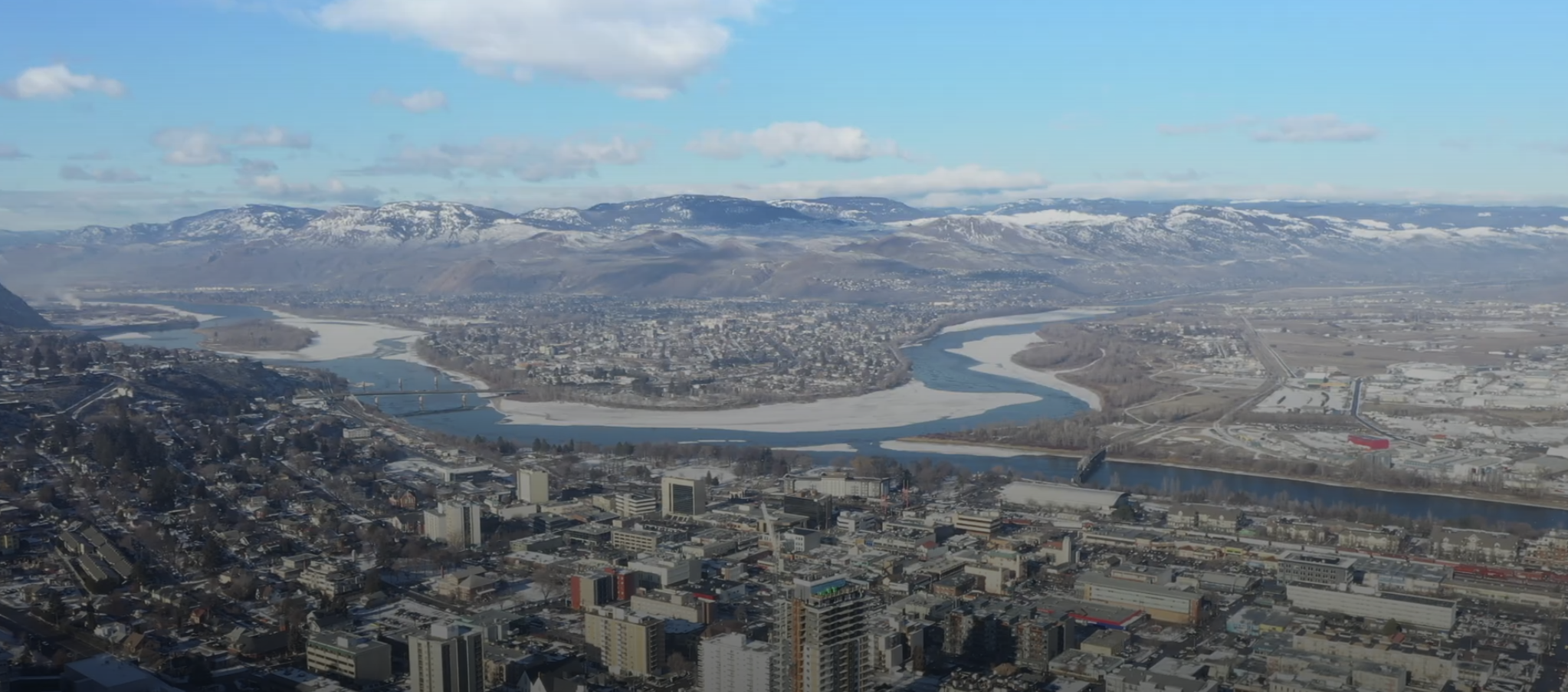
Kamloops just like many other places in Canada, is no stranger to wildfire season. Every year we make sure our fire insurance is up to date, pack evacuation bags, and turn on the sprinklers. But it is starting to have extensive effects on the real estate market. Every year, more and more areas are considered to be at risk, and over time, this lowers the price of houses. Insurance becomes restricted, and construction costs rise.
Climate change is already having noticeable effects on real estate in British Columbia (BC), and these impacts are expected to intensify in the coming years. Here’s how climate change could affect BC’s real estate market:
1. Rising Insurance Costs & Property Devaluation
- Increased risk of wildfires (especially in interior regions like Kelowna, Kamloops, and Lytton) will make insurance more expensive or even unavailable in high-risk areas.
- Flooding threats in coastal cities (like Vancouver, Richmond, and Delta) and river-adjacent areas could lead to rising insurance premiums and declining property values.
- Landslides & erosion in mountainous and waterfront regions could increase maintenance and insurance costs.
2. Higher Demand for “Climate-Resilient” Homes
- More buyers will seek homes in low-risk areas, such as those less prone to wildfires or flooding.
- Climate-conscious construction (fire-resistant materials, flood-proofing, energy-efficient designs) will become more popular, potentially increasing home prices for properties built with these features.
3. Changing Housing Preferences
- Migration from high-risk areas: Homebuyers may avoid wildfire-prone or flood-vulnerable regions, shifting demand to more stable inland areas or cities with better climate adaptation.
- Increased demand for air conditioning & cooling solutions: Hotter summers, particularly in the interior and even coastal BC, will drive up demand for energy-efficient cooling systems, adding to housing costs.
4. Coastal & Waterfront Risks
- Rising sea levels threaten low-lying areas like Richmond, parts of Vancouver, and Vancouver Island communities.
- Some waterfront properties may lose value due to repeated flooding or erosion concerns, making them less desirable over time.
5. Government Policy & Building Code Changes
- Stricter building regulations will likely be implemented, requiring developers to incorporate climate resilience into new projects.
- Municipal zoning laws may change to restrict development in high-risk zones.
- BC’s government could introduce incentives for climate-adaptive infrastructure (such as green roofs, flood barriers, or energy-efficient designs).
6. Economic & Market Uncertainty
- Sudden climate-related disasters (like the 2021 heat dome or floods in Abbotsford) can disrupt real estate markets, causing property value fluctuations.
- Investors may become more cautious about purchasing properties in climate-vulnerable regions.
In response to these challenges, the City of Kamloops has implemented the Community Climate Action Plan (CCAP), adopted in June 2021. The CCAP aims to reduce community greenhouse gas emissions by 80% by 2050 and enhance resilience to climate impacts. Key strategies include promoting low-carbon development, supporting zero-emission transportation, and ensuring buildings maximize energy efficiency.
These initiatives may influence real estate by encouraging the development of energy-efficient homes and sustainable neighborhoods, potentially increasing property values in areas that prioritize climate resilience. Conversely, properties in regions more susceptible to climate-related risks might face depreciation or higher insurance premiums (City of Kamloops). Click here for more information.
Climate change is already shaping BC’s real estate market, and this will only continue. While some areas may see depreciation due to risks, others could become more desirable due to their relative climate resilience. Buyers and investors should consider climate risks when making long-term real estate decisions in BC.
Sources
https://www.kamloops.ca/our-community/environment-sustainability/climate-action#:~:text=Adopted%20in%20June%202021%2C%20the,the%20impacts%20of%20climate%20change.
